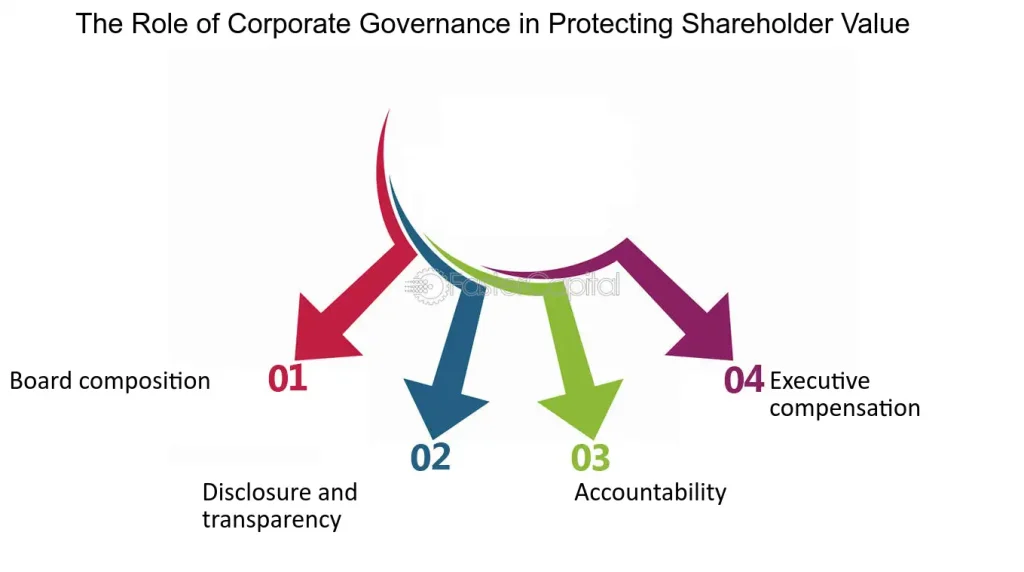What Is Securities and Shareholder Litigation?
Securities and shareholder litigation involves legal disputes related to business assets like bonds and stocks. These disputes can arise from various issues, including allegations of fraud, misrepresentation, insider trading, and breaches of fiduciary duties. These lawsuits are pivotal in the financial ecosystem because they help maintain market integrity. Engaging with securities litigation law firms can help navigate these complex legal terrains and guarantee the safeguard of the interests of all parties concerned—this type of litigation checks against unethical behavior, instilling a culture of accountability in the financial sector.
Importance in Corporate Governance
Effective litigation mechanisms, such as shareholder lawsuits, are vital in corporate governance. They are an effective means of retaining companies accountable and ensuring transparency. Shareholder lawsuits are mainly instrumental because investors often have direct access to company information and are well-positioned to identify potential misconduct or breaches of fiduciary duty. Investors seek financial compensation for damages incurred by taking legal action and aim to enforce corporate best practices and regulatory compliance. These lawsuits can compel corporations to adopt ethical standards, adhere to regulatory requirements, and enhance their internal controls and risk management practices. As a result, the overall market integrity is strengthened, making it more appealing to a broad spectrum of stakeholders, including potential investors and regulators. Each lawsuit promotes a culture of accountability, integrity, and transparency within corporate entities.
Common Types of Securities Litigation
- Securities Fraud Class Actions: These are lawsuits filed by investors who have suffered financial loss due to alleged fraudulent activities by a company. These fraud cases often involve misleading information disseminated by the company’s management, which can significantly harm investors who rely on this data for decision-making.
- Shareholder Derivative Suits: Legal actions brought by shareholders on behalf of the corporation against insiders, typically involving allegations of mismanagement or breaches of fiduciary duty. This type of litigation is vital for enforcing the rights of shareholders when the company’s board fails to act against wrongdoers within the organization.
- Insider Trading Cases: Lawsuits that involve trading of a public company’s stock by individuals with access to non-public, material information about the company. Such activities can severely damage investor confidence and market integrity. Thus, strict regulations and the possibility of litigation act as deterrents against such practices.
Role of Investors in Securities Litigation
Investors play a critical role in securities litigation by actively participating and holding corporations accountable. Through their involvement in legal action, investors can help to address unethical practices, enhance corporate governance, and ensure that corporate leaders adhere to high ethical standards. This safeguards their investments and contributes to maintaining stability in the market. Additionally, their participation can lead to more effective outcomes and foster positive changes within the companies they have invested in.
Real-Life Case Study
Consider the SEC’s case against Elon Musk in 2018, wherein allegations of misleading statements about taking Tesla private led to significant shareholder litigation. This case underscores the impact of false information on investors and the legal repercussions that follow. It is a cautionary tale for corporate executives and illustrates shareholders’ power in maintaining corporate governance standards. Legal actions in high-profile cases often lead to heightened scrutiny and regulatory reforms, influencing corporate behavior.
Current Trends in Securities Litigation
The most recent data analysis indicates a significant surge in securities litigation cases, driven partly by heightened scrutiny from regulatory bodies and a growing recognition among investors. Notably, emerging concerns such as artificial intelligence and data privacy have become focal points, giving rise to novel types of litigation and necessitating in-depth legal examinations. It has become increasingly evident that the progression of technology leads to the emergence of fresh legal complexities, warranting ongoing modifications and improvements to regulatory frameworks. To adeptly maneuver through these advancements, it is imperative for companies to proactively monitor these trends, effectively manage associated risks, and promptly adapt to the evolving legal landscape.
How Companies Can Protect Themselves
To minimize the risk of securities litigation, companies can implement various strategies. Proactive measures are vital to risk reduction, such as consistently adhering to solid governance practices, ensuring full compliance with regulatory requirements, and maintaining clear and open communication with shareholders. Moreover, establishing an internal audit committee can significantly assist in promptly detecting and handling such problems. Seeking guidance from specialized legal firms that offer expert counsel on navigating intricate regulatory landscapes is also highly advantageous. These comprehensive measures enable companies to safeguard themselves from litigation while bolstering their reputation and position in the market.
Conclusion and Summary
Securities and shareholder litigation play a significant role in preserving the financial markets’ stability and providing protection for investors. This legal mechanism encourages responsible corporate behaviors by holding companies accountable for their actions. It ensures that shareholders have a voice in how the businesses they have invested in make decisions. It improves corporate governance by advocating for transparency and accountability within organizations. Staying abreast of legal trends and best practices in this area is essential for investors and companies, enabling them to navigate the evolving legal landscape effectively. Active engagement with securities and shareholder litigation safeguards individual investments and fosters a market environment of fairness, trust, and transparency.

